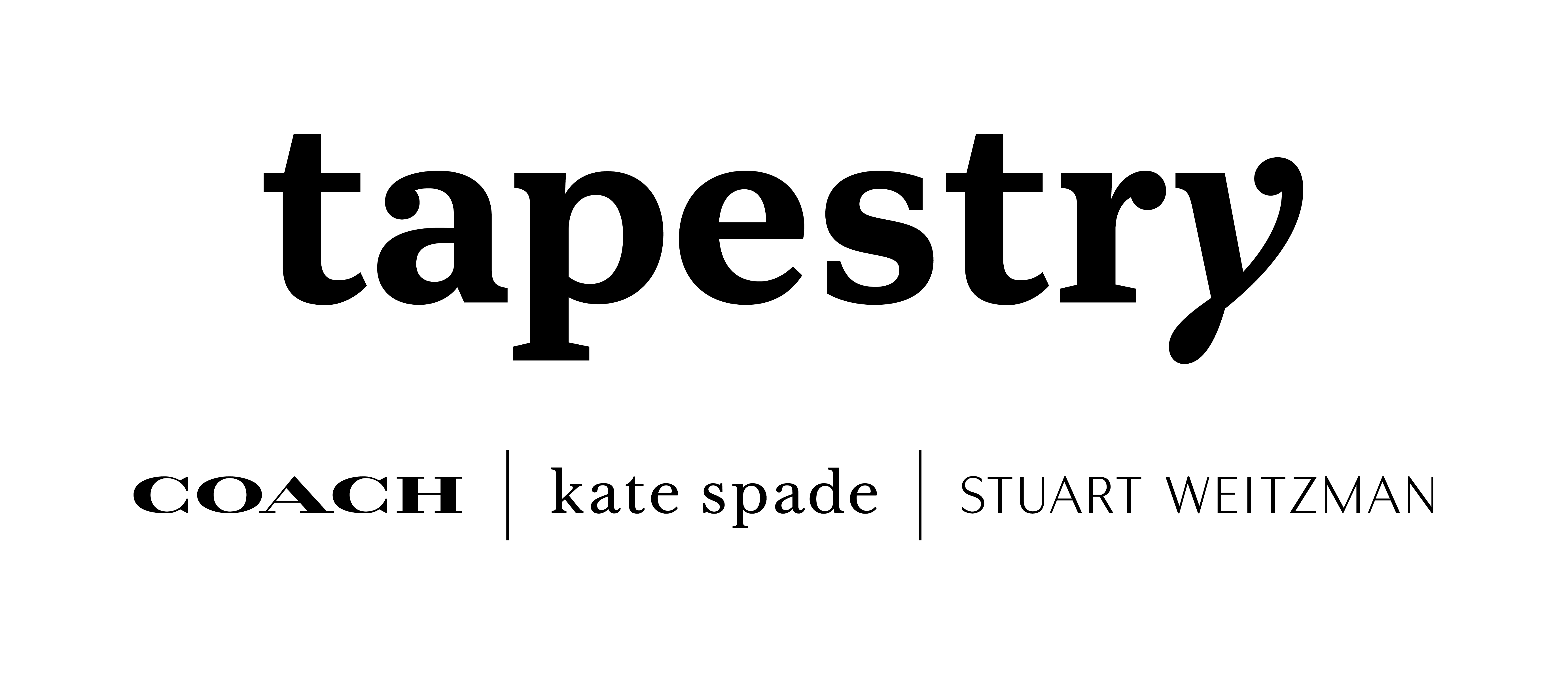Worker Empowerment in Our Supply Chain

Originally published in Tapestry's 2021 Corporate Responsibility Report
To track, manage and reduce social and labor impacts across our supply chain, we joined the Sustainable Apparel Coalition (SAC) in FY2020 and requested that 65 of our suppliers complete the SAC’s Higg Facility Social & Labor Module (FSLM). Suppliers were asked to report to eight sections related to social and labor impacts, including Recruitment & Hiring, Working Hours, Wages & Benefits, Employee Treatment, Employee Involvement, Health & Safety, Termination & Retrenchment and overall Management. 59%1 of the suppliers we requested to complete the Higg FSLM had their responses verified, which allows us further insight into the social and labor practices within our partner factories.
WORKER EMPOWERMENT IN OUR SUPPLY CHAIN
Tapestry’s 2025 Our Social Fabric goals included a commitment to provide 50,000 people working in the factories crafting our products access to empowerment programs by 2025. In July 2021, Tapestry doubled this goal to reach 100,000 people working in the factories that craft our products.
To help us reach this goal, we partnered with BSR’s HERproject, a collaborative initiative that looks to empower low-income women in global supply chains through workplace-based programs. Herproject brings together global brands, factories and local NGOs to support programs on health, financial inclusion and gender equality. The initiative uses a datadriven approach to help understand and analyze the impact of its programs, including through baseline and end-line assessment surveys. Its forward-looking model uses a “peer-to-peer methodology” and by doing so, creates a platform for longevity.
We initially launched this partnership in May 2021 at two of our supplier facilities in Vietnam, reaching 12,500 workers. COVID-19 caused unexpected delays in rolling out in-person activities at more facilities, but we are on target to reach a total of 30,000 workers during FY2022.
1 As of November 2021

